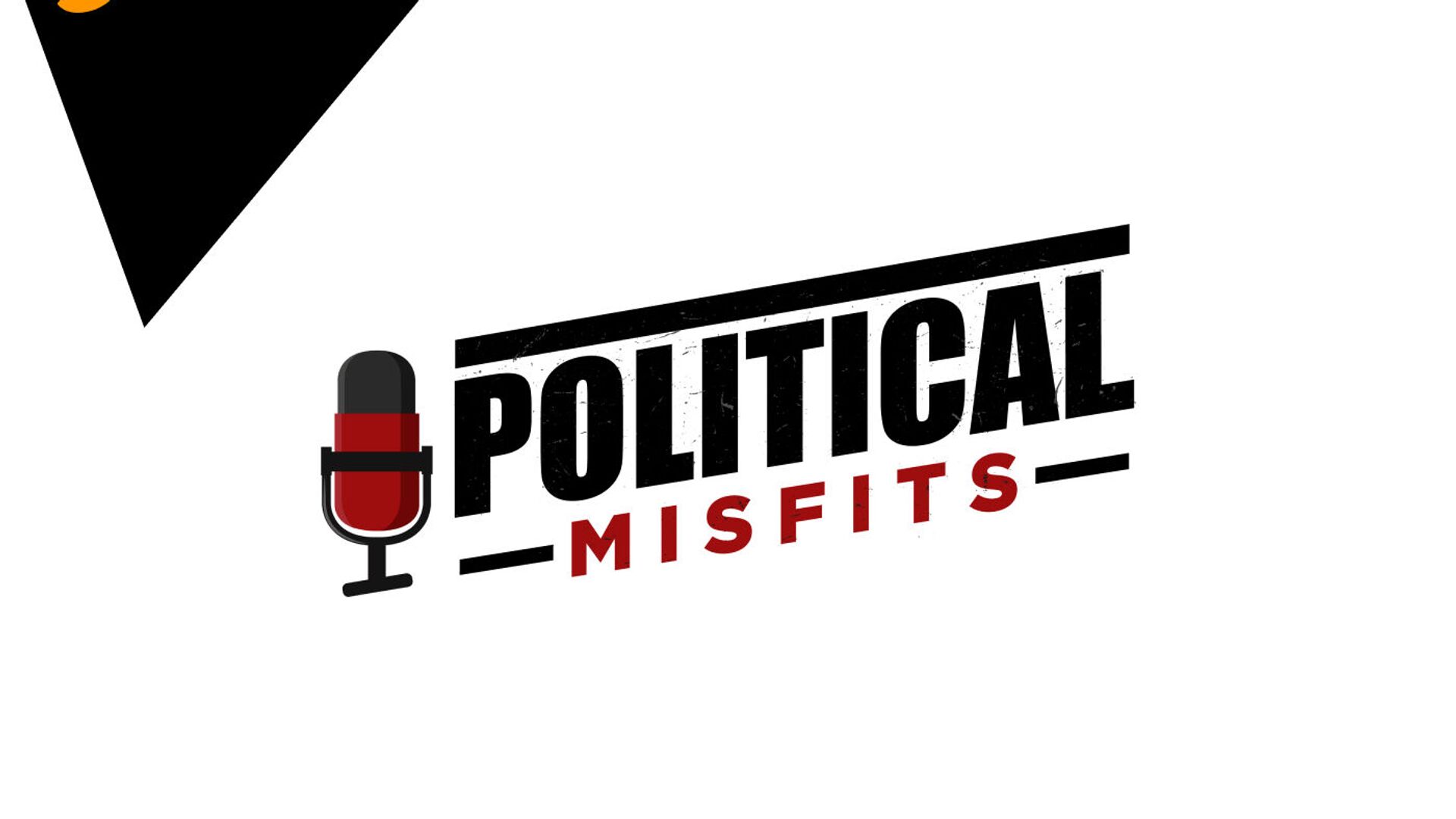Darren Thompson, reporter for Native News Online and Unicorn Riot, talks to us about the ongoing protests against the rebuilding of the Enbridge Line 3 oil pipeline in Minnesota, how this rebuilding effort entails a rerouting of the pipeline, and how it was involved 307 incidents involving hazardous liquids between 2002 to 2018. We also talk about whether these protests will take a similar course to the Dakota Access protests, and whether there will be an intervention by the Biden administration.
Stuart Anderson, founder and executive director of Family and Friends of Incarcerated People, joins us to talk about how in some federal prisons, any routine mail sent to prisoners will be processed and reviewed by a third-party vendor that will then charge inmates for scanned copies of the original letters, and how this is just another way that private prisons steal from and extort inmates.
Bill Mew, leading digital ethics campaigner and CEO of cyber-incident firm The Crisis Team, talks to us about cybersecurity within the context of the recent ransomware attacks on the Colonial Pipeline, JBS, and others, how these attacks continue to happen despite security measures, and whether there is a true fool-proof way to be protected from hacks. We also talk about cyber insurance and how it could be a way to lessen the financial damage from cyberattacks.
Brianna Griffith, producer and host of the People's Republic, joins us to talk about the racialized economic draft, after it was discovered that students in predominantly Black and Brown districts have been automatically enrolled in JROTC programs, and how 10 US states have diverted millions of dollars from federal block grants meant to provide aid to their neediest families to fund anti-abortion clinics instead.
Femi Ayanbadejo, founder of HealthReel, Inc. and former American football running back, fullback, and special teams player, joins us to talk about news of the NFL announcing that it would discontinue the use of race-based benchmarks to determine whether someone is cognitively impaired and therefore eligible for dementia-based payouts, and whether these changes will have an impact on other discriminatory practices in sports.
We'd love to get your feedback at radio@sputniknews.com




